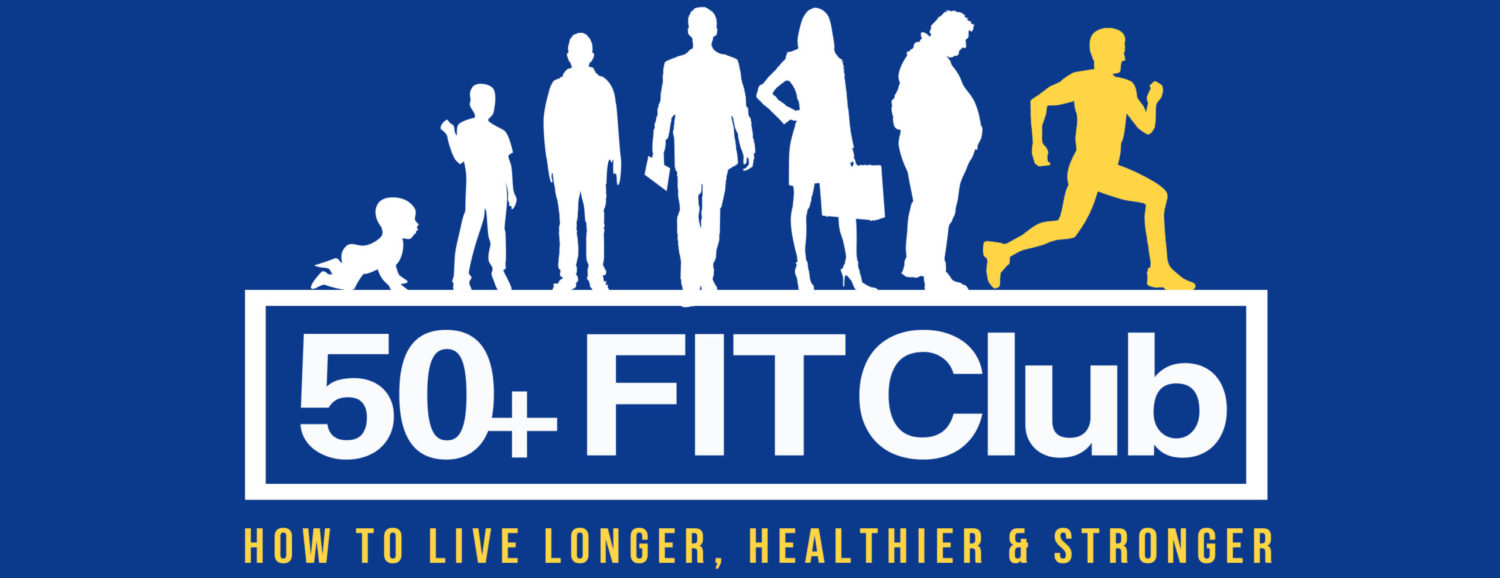
In fitness, many people tend to be all or nothing. They either live in the gym or can’t remember how to get there. Just like with most things, having a proper balance will usually work better than being at the extreme end of the spectrum.
We all want the best results as quickly as possible. But the body can only change so fast. Sometimes, initial enthusiasm can make us adopt a schedule that is either too ambitious or less effective than it could be for our goals and level. Here’s a little breakdown of just how often you should try to work out.
Beginner- 3 days a week: 2-3 cardio sessions of 15-20 minutes. 2-3 resistance/weight training sessions (whole-body) of 30-60 minutes. (This could include circuit training or a resistance/cardio class).
Intermediate- 3-4 days a week: 3-4 cardio sessions of 20-30 minutes. 2-4 weight training/resistance sessions of 45-60 minutes. (This could be whole body sessions or half body split sessions like; chest, shoulders, triceps, core on one day, then legs, back, and biceps another.
Advanced Intermediate- 4-5 days a week: 3-5 cardio sessions of 20-40 minutes (could include some high-intensity interval sessions (HIIT) which are typically 15-25 min.) 3-5 resistance training sessions, of 45-75 minutes, various split training sessions.
Advanced- 5-6 days a week: 4-6 cardio sessions of 25-45 minutes, various modes. 4-6 weight/resistance sessions typically 60-90 minutes, various combinations, or training modes depending on goals.
It’s important to remember that more isn’t necessarily better. The harder you train, the longer it takes to recover. Also, the more frequently you train, the more you should be aware of your overall training volume and fatigue levels. Even if you’re splitting your workouts, your central nervous system can become taxed over time.
For most people, it would be better to start at the lower end of the spectrum in terms of both volume (how much you train) and intensity (how hard you train). You simply want to do enough to allow you to make progress. Also, it’s better to have a schedule you can sustain long-term as opposed to one that you have to break away from.
One of the most common fitness mistakes is trying to do too much too soon. Use these guidelines as a reference to help you stay on track and achieve lasting success.
Check Out The Physique Improvement Course




Leave a Reply